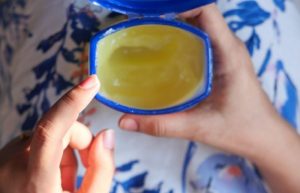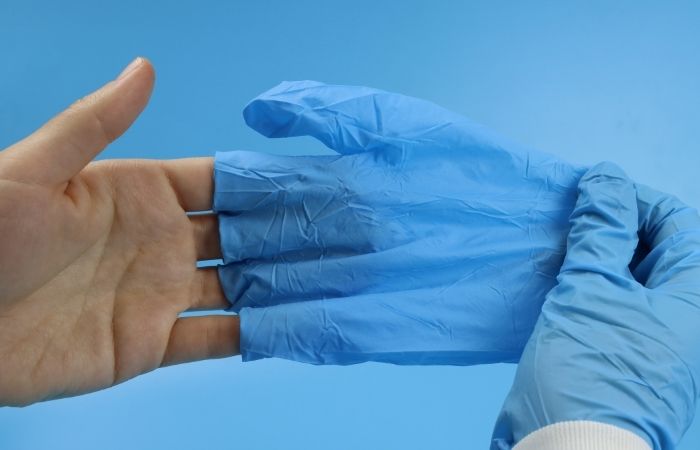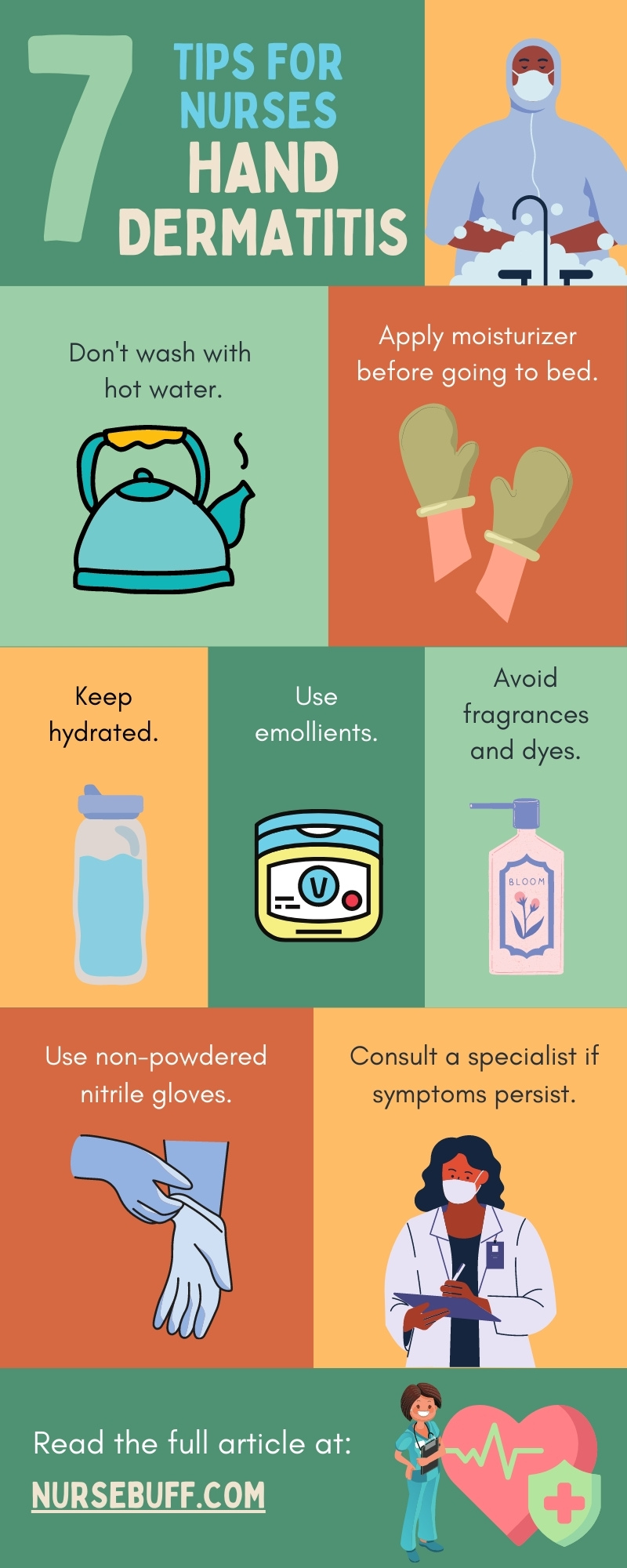8 Tips For Nurses Suffering From Hand Dermatitis During The Pandemic

One lesser known effect of the Covid-19 pandemic is the rise of contact dermatitis, in particular, hand dermatitis amongst healthcare staff. Because nurses disinfect and wear latex gloves with higher frequency compared to the pre-pandemic era, multiple studies across different countries are showing just one result — nurses’ hands are taking a hit.
Nurses are reporting dryness, hand eczema, itchiness, redness, and other common symptoms of acute hand dermatitis due to the increased use of hand cleansers, detergents, and hand disinfectants. Prolonged use of protective gloves (usually of latex material), on the other hand, are causing blister formation, occlusion, and maceration.
While appropriate hygiene is still supremely paramount, there are ways to avoid hand dermatitis.
1. Don’t wash your hands with hot water.

Hot water dries out the skin as it strips your skin of its natural oils. The hotter the water, the dryer your skin will be. Contrary to popular belief, you don’t need scalding water to kill germs. A study on food protection cited that water temperature made no difference in washing effectiveness, but rather resulted in skin damage.
Dr. Elbuluk advises people with eczema to wash hands with water no hotter than lukewarm.
2. Use emollients.

Skin dries out when it does not contain sufficient water. Dry and flaky skin results in open spaces in your skin cells. Emollients fill those intercorneocyte cluster gaps with lipids for better smoothness, softness, flexibility, and hydration.
You’d think that nurses would know better and use emollients for their skin. However, a study in irritant contact dermatitis found that while 99.26% of the healthcare worker respondents increased hand-washing frequency, 45.35% did not use emollients.
You can get emollients easily from most stores. Examples of emollients are shea butter, paraffin, beeswax, and petroleum jelly.
3. Apply moisturizer liberally before going to bed.
Moisturizers and emollients are commonly confused, but they are not the same. An emollient is an ingredient of a moisturizer that makes skin soft and smooth. Other ingredients of moisturizers, however, bring water into the skin.
Humectants like hyaluronic acid or glycerin draw water from the dermis up to the epidermis to slow down water evaporation from your skin.
Occlusives, in the meantime, seal in moisture. They have large molecules so they are able to repel water. They are also heavier so they are ideal for dry skin.
Together, emollients, occlusives, and humectants all pretty much work as a team.
While you may not be able to use moisturizers at work, you can use them after washing hands when you’re off-duty. And then before going to bed, moisten your hands with water and apply moisturizer liberally on your hands. Use cotton gloves to keep sheets clean. They will also help keep the product longer on your hands.
Gloves in a Bottle is one of our favorite recommendations for nurses. We’ve had great feedback from people who have used it. It’s light and non-greasy. It absorbs into the skin so you only have to apply it once or twice a day. There is a slight Elmer’s Glue scent that dissipates immediately, but the all-day protection it gives and relief from itching is topnotch.
4. Avoid fragrances and dyes in your moisturizers.

While colored or sweet-smelling moisturizers are fun for your olfactory and visual senses, they’re not so fun for your dermis. Use fragrance-free and dye-free hand products for less irritants.
5. Make sure to keep hydrated.
Dehydration is one of the common risks of being a nurse. If you are overall dehydrated, your whole body suffers. Stay hydrated with the following tips:
- Drink lots of water especially when you are on duty. Set an intermittent alarm if you have to.
- Use a humidifier at home.
- Avoid alcohol and other dehydrating drinks.
- Snack on water-rich foods like fruits and vegetables.
6. Use non-powdered nitrile gloves.
Powdered gloves are more drying and more irritating than their non-powdered counterparts. Also, they are dangerous for those with latex allergies. Unpowdered nitrile gloves are the best for use in a hospital environment.
7. Do not keep gloves on for longer than necessary.

Let your skin breathe more freely when your gloves are off. Frequent glove changes gives your skin a break.
8. Reach out to a specialist if your hand dermatitis persists.
Just because you’re in the medical profession doesn’t mean you don’t need medical care. Reach out to a specialist if the redness or irritation persists.
Do you have other tips for nurses suffering from the same problems?
Share our Infographic









